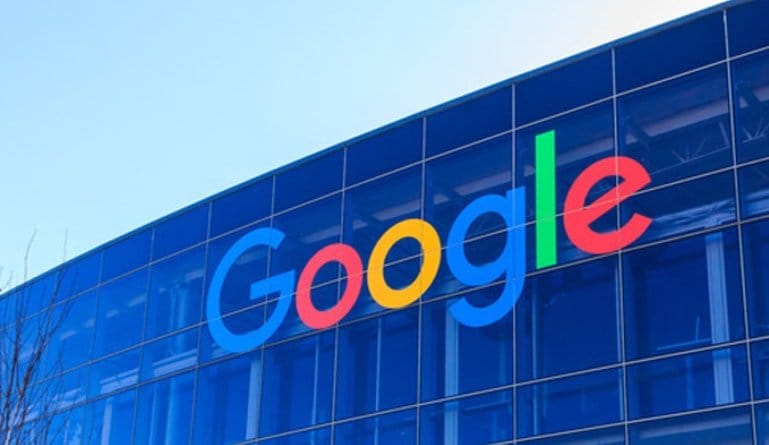The U.S Supreme court will be hearing an internet privacy case that involves Google. This case circles around an increasingly common form of settlement of class action lawsuits that channels money to unrelated third parties and charities instead of the affected people.
Two people, Theodore Frank and Melissa Ann Holyoak, have objected and have pleaded the court to apply tighter limits on these accords. The court should “correct a serious abuse of the class action mechanism that puts the interest of those it is intended to protect, class members, last,” they argued in their appeal.
The case argues about the way class action lawsuits are settled these days. Facebook Inc. and Google used the same tactic to settle. The Google settlement was a “cy pre” accord, which means that the settlement money went to the outside groups to promote the protection of internet privacy. None of the settlement money went directly to Google users.
The opponents will lead a conservative group challenging the settlement amount of $8.5 million that Google agreed to pay in 2013 as part of the settlement claim.
The original lawsuit was filed because Google let other websites view the users’ search queries, which violated their privacy rights. The settlement amount went mostly to universities and organizations like Stanford University, Harvard University, and Oregon-based World Privacy Forum, a privacy and data analytics research organization that promote internet privacy, however, nothing went to the millions of Google users who the plaintiffs represented in the class action lawsuit. A federal appeals court upheld the settlement.
The opponents were represented by Ted Frank, director of litigation for the Competitive Enterprise Institute, which is a conservative think tank based out of Washington. They stated that the deal violated procedural rules in U.S law which requires settlements to be fair, reasonable, and adequate.
“The cy pres payments will benefit the class as a whole by funding closely targeted projects that are directly connected to the internet privacy issues raised by plaintiffs’ claims,” Google argued.





